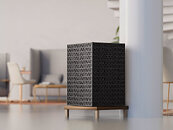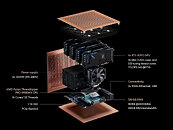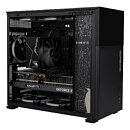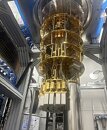
NVIDIA NVL72 GB200 Systems Accelerate the Journey to Useful Quantum Computing
The integration of quantum processors into tomorrow's supercomputers promises to dramatically expand the problems that can be addressed with compute—revolutionizing industries including drug and materials development.
In addition to being part of the vision for tomorrow's hybrid quantum-classical supercomputers, accelerated computing is dramatically advancing the work quantum researchers and developers are already doing to achieve that vision. And in today's development of tomorrow's quantum technology, NVIDIA GB200 NVL72 systems and their fifth-generation multinode NVIDIA NVLink interconnect capabilities have emerged as the leading architecture.
In addition to being part of the vision for tomorrow's hybrid quantum-classical supercomputers, accelerated computing is dramatically advancing the work quantum researchers and developers are already doing to achieve that vision. And in today's development of tomorrow's quantum technology, NVIDIA GB200 NVL72 systems and their fifth-generation multinode NVIDIA NVLink interconnect capabilities have emerged as the leading architecture.






























































